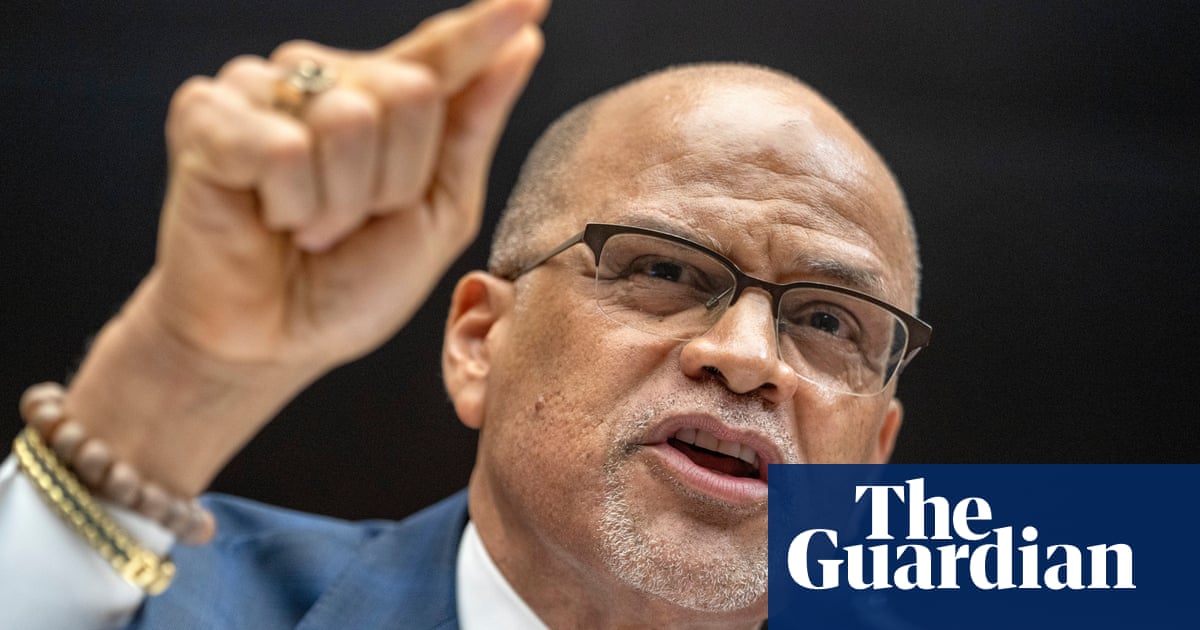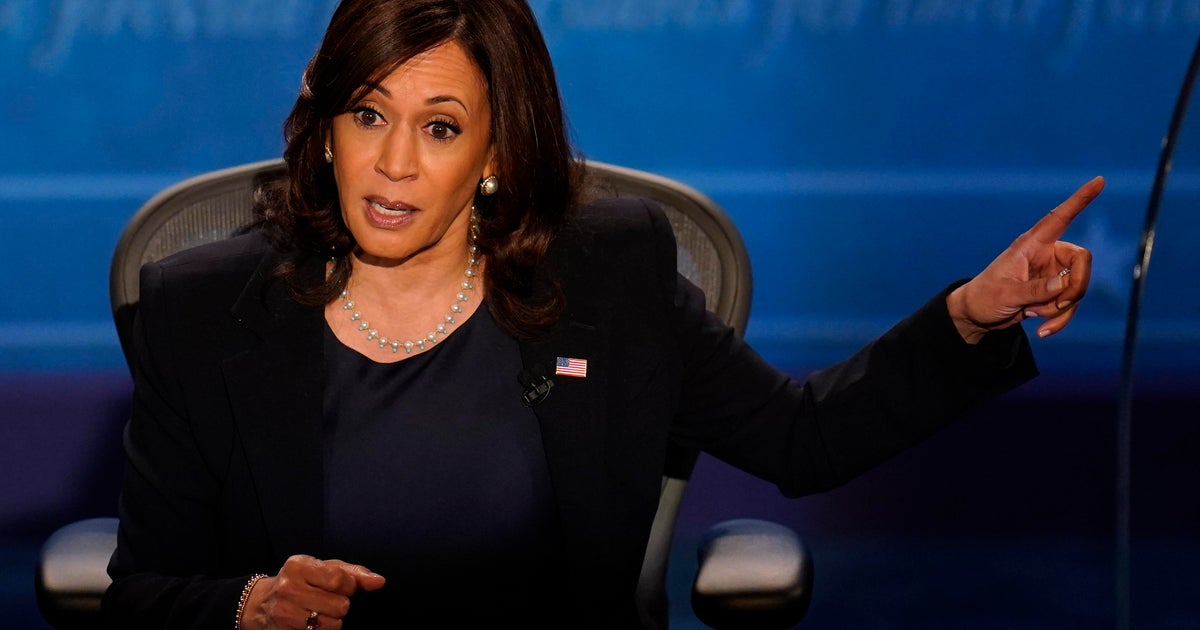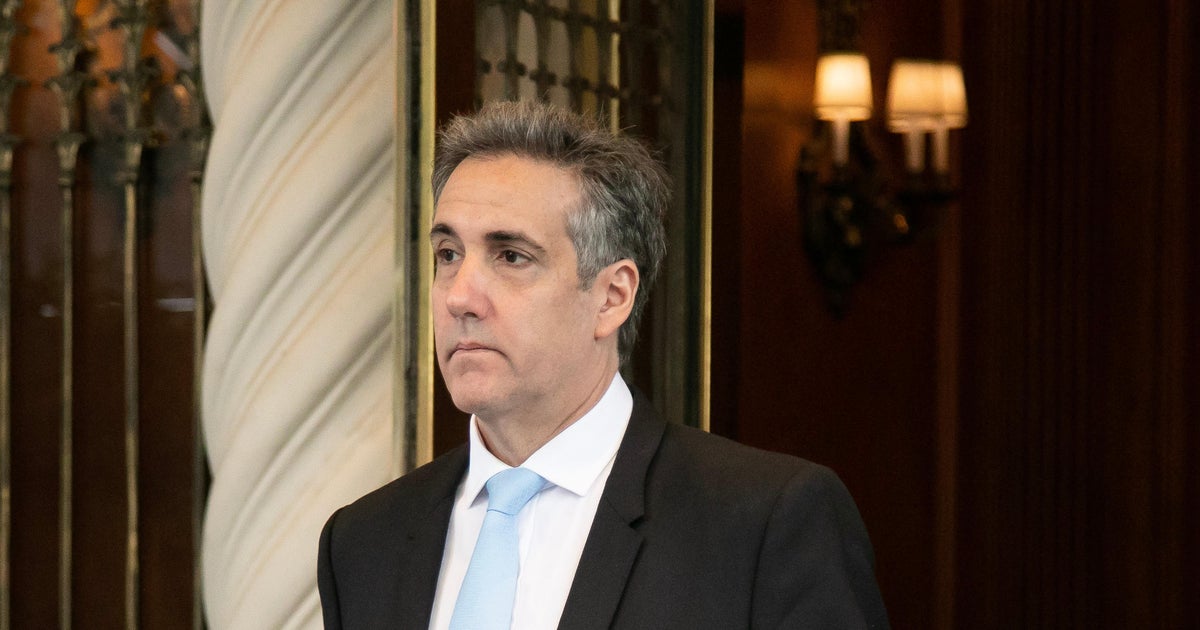U.S. public school officials push back during Congressional hearing on anti-Semitism | U.S. Congress

Some of the nation's top school districts on Wednesday faced accusations of failing to combat rising anti-Semitism amid combative exchanges with a Congressional committee at the center of a high-profile interrogation of elite university presidents. refused.
Although the presidents of some of the nation's most prestigious higher education institutions have been criticized in politically charged environments, the House Education and Workforce Subcommittee is dominated by liberals with a majority Jewish population. The spotlight shifted to the superintendents of the three school districts.
The hearing was presented as an investigation into how authorities were protecting Jewish staff and students in an atmosphere of heightened prejudice against the backdrop of Israel's war in Gaza.
Rep. Aaron Bean, a Republican from Florida, called the need for public hearings a “travesty” and said that since last October, 246 “very He said there have been reports of “despicable” anti-Semitic acts. Attacks on Israel by Hamas.
“Anti-Semitism is disgusting in all its forms, but the topic of today's hearing is quite troubling,” he said. “It is difficult to understand how anti-Semitism became such a force in our kindergarten through 12-year-olds. [high] school. ”
He said security cameras showed students marching down hallways shouting “Kill the Jews,” students imitating Hitler and giving Nazi salutes, and Jewish children being told to pick up pennies. I gave an example.
In response, the three school districts asserted that they do not tolerate anti-Semitism in their schools. They launched an educational program to combat an October 7 attack by Hamas that led to an Israeli military offensive in Gaza and sparked a wave of demonstrations on university campuses and beyond. and took a combination of disciplinary measures.
However, districts differed on whether teachers were fired for conduct deemed anti-Semitic. The districts have received complaints over their handling of allegations of anti-Semitism since October 7.
New York City School System Chancellor David Banks had a tough exchange with the U.S. republican party Regarding the incident at Hillcrest High School, the high school's principal was fired after protests against pro-Israel teachers, but he was reassigned to an administrative position rather than fired.
Republican Representative Elise Stefanik, known for asking pointed questions of three school presidents over free speech during the previous public hearing in December, sparred with Banks and said school leaders He accused them of paying “lip service.”
Mr. Banks stood his ground and expressed his willingness to challenge the committee, saying: It doesn't sound like people are trying to solve what we're actually solving. ”
He added: “We cannot simply discipline our way out of this problem. The true antidote to ignorance and prejudice is teaching.”
Banks said his district has “fired people” for anti-Semitism.
Carla Silvestre, principal of Maryland's Montgomery County Public Schools, which includes suburban schools near Washington, D.C., said no teachers had been fired, and Bean said, “That's not allowing them to continue teaching hate.” “Is that so?” he protested.
California's Berkeley Unified School District Superintendent Enikia Ford-Motel said officials are complying with state and federal privacy laws by disclosing details of disciplinary actions taken against staff and students. said that it was not possible.
“As a result, some people believe we are not doing anything. This is not true,” she said.
“Since October 7, our district has received formal complaints alleging anti-Semitism stemming from nine incidents outside of our jurisdiction,” she said. “But anti-Semitism does not permeate the Berkeley Unified School District.”
Echoing previous hearings that included the presidents of Harvard University, the University of Pennsylvania, the Massachusetts Institute of Technology and Columbia University, Mr. Bean urged all three district leaders to use the slogan, “From the river to the sea, Palestine will be free.” asked whether they thought it was anti-Semitic.
Silvestre and Motel each said yes, but Silvestre and Motel qualified this by saying that it depended on whether their affirmation meant the elimination of Israel's Jewish population. This interpretation is contested by many pro-Palestinian activists. Bean said curtly, “That's right.”
In response to the three opening statements, Mr. Bean said: You all have done a great job of testifying. But like several college presidents who have sat before you, they often said the right thing. They said they were protecting students when in fact they weren't. ”
The subcommittee's ranking Democrat, Suzanne Bonamici of Oregon, singled out the infamous 2017 white supremacist rally in Charlottesville, Virginia, and cited the Republican Party's choice of stance on anti-Semitism. “Jews will not replace us,” protesters shouted. Then-President Donald Trump later said the rally also included “very good people.”
She described one of the participants, Nick Fuentes, as a “sneaky anti-Semite who denied the scope of the Holocaust,” but said that President Trump was the first to describe him at Mar-a-Lago in Florida in November 2022. I mentioned hospitality.
“I intend to give my colleagues across the aisle an opportunity to denounce these past statements,” Bonamici said. “Does anyone have the courage to stand up to this?”
When the committee fell silent, she said, “I just want to put it on the record that no one has spoken at this point.”
Summarize this content to 100 words Some of the nation's top school districts on Wednesday faced accusations of failing to combat rising anti-Semitism amid combative exchanges with a Congressional committee at the center of a high-profile interrogation of elite university presidents. refused.Although the presidents of some of the nation's most prestigious higher education institutions have been criticized in politically charged environments, the House Education and Workforce Subcommittee is dominated by liberals with a majority Jewish population. The spotlight shifted to the superintendents of the three school districts.The hearing was presented as an investigation into how authorities were protecting Jewish staff and students in an atmosphere of heightened prejudice against the backdrop of Israel's war in Gaza.Rep. Aaron Bean, a Republican from Florida, called the need for public hearings a “travesty” and said that since last October, 246 “very He said there have been reports of “despicable” anti-Semitic acts. Attacks on Israel by Hamas.”Anti-Semitism is disgusting in all its forms, but the topic of today's hearing is quite troubling,” he said. “It is difficult to understand how anti-Semitism became such a force in our kindergarten through 12-year-olds. [high] school. ”He said security cameras showed students marching down hallways shouting “Kill the Jews,” students imitating Hitler and giving Nazi salutes, and Jewish children being told to pick up pennies. I gave an example.In response, the three school districts asserted that they do not tolerate anti-Semitism in their schools. They launched an educational program to combat an October 7 attack by Hamas that led to an Israeli military offensive in Gaza and sparked a wave of demonstrations on university campuses and beyond. and took a combination of disciplinary measures.However, districts differed on whether teachers were fired for conduct deemed anti-Semitic. The districts have received complaints over their handling of allegations of anti-Semitism since October 7.New York City School System Chancellor David Banks had a tough exchange with the U.S. republican party Regarding the incident at Hillcrest High School, the high school's principal was fired after protests against pro-Israel teachers, but he was reassigned to an administrative position rather than fired.Republican Representative Elise Stefanik, known for asking pointed questions of three school presidents over free speech during the previous public hearing in December, sparred with Banks and said school leaders He accused them of paying “lip service.”Mr. Banks stood his ground and expressed his willingness to challenge the committee, saying: It doesn't sound like people are trying to solve what we're actually solving. ”He added: “We cannot simply discipline our way out of this problem. The true antidote to ignorance and prejudice is teaching.”Banks said his district has “fired people” for anti-Semitism.Carla Silvestre, principal of Maryland's Montgomery County Public Schools, which includes suburban schools near Washington, D.C., said no teachers had been fired, and Bean said, “That's not allowing them to continue teaching hate.” “Is that so?” he protested.California's Berkeley Unified School District Superintendent Enikia Ford-Motel said officials are complying with state and federal privacy laws by disclosing details of disciplinary actions taken against staff and students. said that it was not possible.”As a result, some people believe we are not doing anything. This is not true,” she said.“Since October 7, our district has received formal complaints alleging anti-Semitism stemming from nine incidents outside of our jurisdiction,” she said. “But anti-Semitism does not permeate the Berkeley Unified School District.”Echoing previous hearings that included the presidents of Harvard University, the University of Pennsylvania, the Massachusetts Institute of Technology and Columbia University, Mr. Bean urged all three district leaders to use the slogan, “From the river to the sea, Palestine will be free.” asked whether they thought it was anti-Semitic.Silvestre and Motel each said yes, but Silvestre and Motel qualified this by saying that it depended on whether their affirmation meant the elimination of Israel's Jewish population. This interpretation is contested by many pro-Palestinian activists. Bean said curtly, “That's right.”In response to the three opening statements, Mr. Bean said: You all have done a great job of testifying. But like several college presidents who have sat before you, they often said the right thing. They said they were protecting students when in fact they weren't. ”The subcommittee's ranking Democrat, Suzanne Bonamici of Oregon, singled out the infamous 2017 white supremacist rally in Charlottesville, Virginia, and cited the Republican Party's choice of stance on anti-Semitism. “Jews will not replace us,” protesters shouted. Then-President Donald Trump later said the rally also included “very good people.”She described one of the participants, Nick Fuentes, as a “sneaky anti-Semite who denied the scope of the Holocaust,” but said that President Trump was the first to describe him at Mar-a-Lago in Florida in November 2022. I mentioned hospitality.”I intend to give my colleagues across the aisle an opportunity to denounce these past statements,” Bonamici said. “Does anyone have the courage to stand up to this?”When the committee fell silent, she said, “I just want to put it on the record that no one has spoken at this point.”
https://www.theguardian.com/us-news/article/2024/may/08/education-antisemitism-house-hearing U.S. public school officials push back during Congressional hearing on anti-Semitism | U.S. Congress






